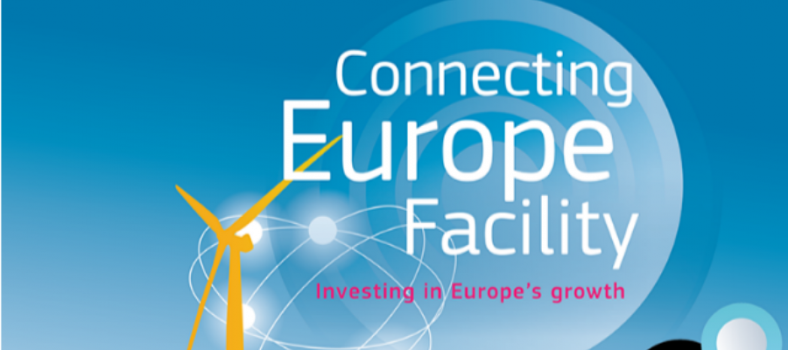The European Commission has proposed to invest €695.1 million in 49 key projects to develop sustainable and innovative transport infrastructure in Europe across all transport modes. Selected projects will provide infrastructure enabling greater use of alternative fuels and electric cars, modernise Europe’s air traffic management, and further develop waterborne and rail transport.
EU Commissioner for Transport Violeta Bulc said: “Our investment plan for Europe is delivering: today we are proposing to invest €700 million in 49 key transport projects through the Connecting Europe Facility (CEF). These projects are concentrated on the strategic sections of Europe’s transport network to ensure the highest EU added-value and impact. This will allow us to further accelerate our transition to low-emission mobility across Europe, and firmly deliver on the EU’s agenda for jobs and growth. We expect it to unlock a total of €2.4 billion of public and private co-financing.”
The largest part of the funding will be devoted to modernising European air traffic management (ATM – €290.3 million), developing innovative projects and new technologies for transport (€209.5 million), as well as upgrading the railway network, maritime connections, and ports and inland waterways (€103.6 million). In supporting the selected projects, the Commission is firmly delivering on the objectives outlined in its Clean Mobility package.
Over €250 million of CEF funding will be invested in 26 projects dedicated to developing new technologies in transport notably promoting alternative fuels, such as:
- greening the maritime transport link between Swinoujscie port in Poland and Ystad port in Sweden;
- deploying hydrogen public transport infrastructure in Denmark, the UK and Latvia;
- building a network of bio-liquefied natural gas stations on roads connecting southern Spain and eastern Poland, via France, Belgium, the Netherlands and Germany;
- developing zero-emission public transport services for Amsterdam airport, as well as electrifying urban and regional bus routes in Croatia, Italy, Slovenia and Slovakia.
The selected projects will also contribute to the establishment of a Single European Sky via modernising European air traffic management in 23 EU Member States and Serbia, the upgrading of the Ampsin-Neuville lock complex on the Middle Meuse river in Belgium, and the upgrading of the maritime ports of HaminaKotka and Leixões.
An additional €450 million is made available to finance alternative fuel infrastructure through the InnovFin Energy Demo Projects (EDP) and CEF Debt Instrument. They are managed by the European Investment Bank.
Background
All proposed projects were selected for funding via two competitive calls for proposals, open to projects in all EU Member States:
The 2017 CEF Transport Blending call launched on 8 February 2017, takes an innovative approach, making available an indicative budget of €1.35 billion of EU grants, to be combined with financing from the European Fund for Strategic Investments (EFSI), the European Investment Bank (EIB), National Promotional Banks or private sector investors. Some 69 applications, requesting a total of €1 billion in co-funding, were received by the second deadline. Of these, 35 projects were selected, totalling €404,8 million. Previously, 39 projects had been selected for funding, totalling € 1 billion in CEF Blending funding.
The CEF Transport SESAR call launched on 6 October 2017 aims to modernise ATM in Europe and provide a high performing ATM infrastructure that will enable the safe, efficient and environmentally friendly operation and development of air transport. The CEF Transport SESAR call was open for project proposals on the deployment of new and mature technologies and practices that support harmonised ATM systems and standards in Europe. Some 33 applications requesting €406.9 million were received, out of which 14 projects were selected, totalling €290.3 million.
The EU’s financial contribution comes in the form of grants, with different co-financing rates depending on the project type. Under the CEF programme, €23.2 billion is available for grants from the EU’s 2014-2020 budget to co-fund TEN-T projects in EU Member States. Since 2014, the first CEF programming year, there have been four yearly waves of calls. In total, CEF has so far supported 641 projects with a total amount of €22.3 billion.
Next steps
Following EU Member States approval of the proposal, the Commission will adopt a formal decision in the coming weeks. The Commission’s Innovation and Networks Executive Agency (INEA) will then sign the grants with the project beneficiaries by January 2019.
Source and more information: European Commission



